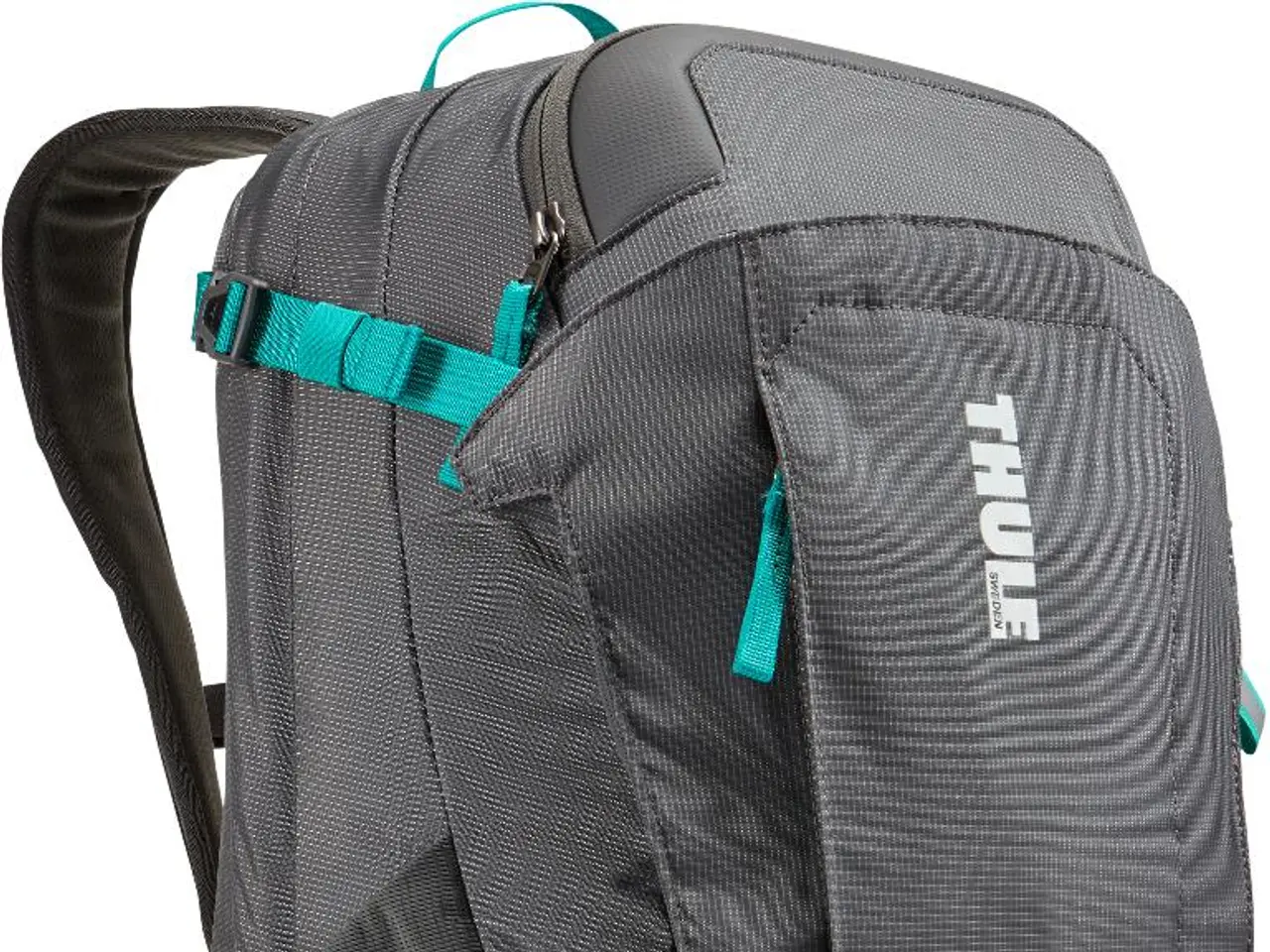In Zapopan, Jalisco, a shocking discovery was made: 169 bags filled with human remains.
Uncovering the Grim Truth: Mass Grave Discovery Highlights Cartel Violence in Jalisco, Mexico
In the heart of Jalisco, Mexico, a troubling discovery has been made, shedding light on the ongoing battle against cartel violence and the humanitarian crisis it brings. In February 2025, a mass grave containing 34 bodies was unearthed during construction work in Zapopan, a region that has been severely affected by cartel-related violence and a missing persons crisis [1].
This discovery, now known as the largest clandestine burial ground uncovered in Jalisco in 2025, has been linked to the activities of the Jalisco New Generation Cartel (CJNG), one of the country's most powerful and ruthless criminal organizations [1][3]. The bodies were found using ground-penetrating radar and cadaver dogs, a testament to the increasingly sophisticated efforts by authorities to locate clandestine graves amidst cartel territories [1].
Jalisco holds the unfortunate distinction of having the highest number of missing persons in Mexico, with over 15,500 reported missing as of early 2025, contributing to over 127,000 disappearances nationwide, mainly due to cartel violence and enforced disappearances [1][3]. The CJNG, led by Nemesio Rubén Oseguera Cervantes ("El Mencho"), is infamous for its brutal tactics, including torture and killing of recruits and rivals, as well as using deceptive job offers to ensnare victims [1].
The discovery of this mass grave intensifies awareness of the humanitarian crisis in the region involving mass disappearances. Investigators face significant challenges due to charred bodies, hidden graves, and the cartels' deliberate destruction of evidence [1][3].
The finding has far-reaching implications, prompting the use of advanced technology such as thermal drones, hyperspectral cameras, and geophysical methods to locate clandestine graves more effectively [3][4][5]. It also puts pressure on Mexican authorities to improve cooperation with search collectives and families of the missing, who often lead investigations with limited official support and face threats from criminal groups [2][5].
The discovery serves as a grim reminder of the catastrophic human cost of cartel activity and reinforces calls from international bodies like Amnesty International for governmental dialogue, support, and protection of those searching for their loved ones [5].
In the ongoing Zapopan case, at least 35 individuals have been identified from the remains, with 15 having been positively identified (14 men and one woman) [1]. In only five months, 11 burial pits were uncovered at the site, near a private housing development, which had been under investigation since February 2025 [1].
Since 2018, over 200 clandestine graves have been processed in Jalisco, with nearly 2,000 bodies recovered [1]. The investigation into the Zapopan case is ongoing and underscores the urgent need for systemic reforms and stronger protections for vulnerable communities.
In a separate incident, Morena congresswoman Alhely Medina Hernández is prosecuted for child abuse in Hidalgo.
On June 27, 2025, authorities in Zapopan discovered another 169 plastic bags containing human remains in a clandestine grave located in the Las Agujas neighborhood [1]. This grim discovery underscores the persistent challenge of cartel violence, mass disappearances, and the need for enhanced forensic and humanitarian responses in Mexico.
Read also:
- Southwest region's most popular posts, accompanied by an inquiry:
- Discussion between Putin and Trump in Alaska could potentially overshadow Ukraine's concerns
- Massive 8.8 earthquake hits off the coast of Russia's Kamchatka Peninsula, prompting Japan to issue a tsunami alert.
- Tinubu's administration allegedly causing issues within every political party as Peter Obi's name surfaces - Obidient Movement asserts








